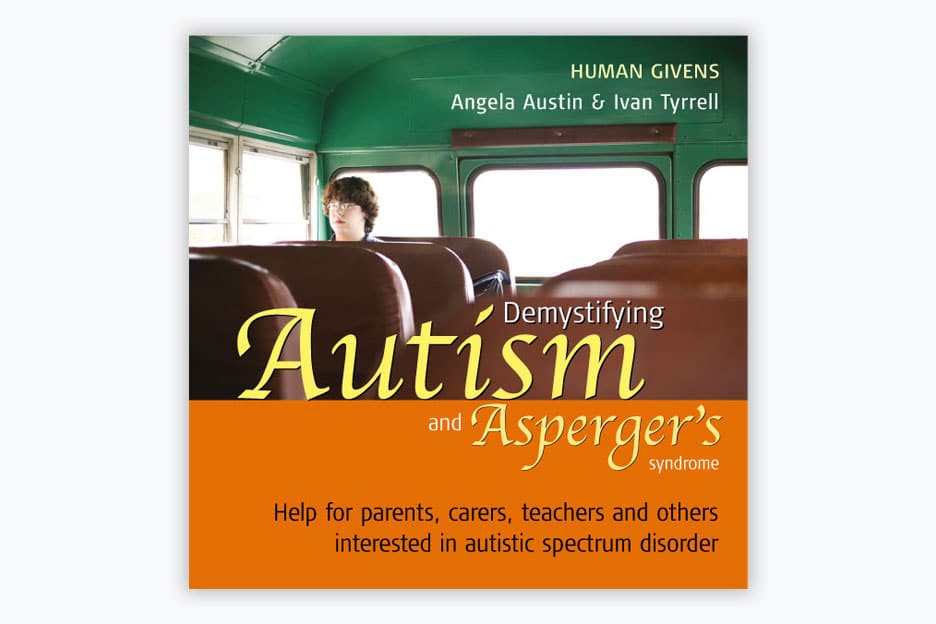What is most important to know about ADHD?
It may be something else.
Key points:
- Getting a diagnosis of ADHD can be helpful for many people who struggle with a range of symptoms.
- But they may still have to cope with others’ frustration or impatience, if they struggle in education or at work.
- Whether ADHD is diagnosed or not, what counts is learning how best to manage symptoms that are troubling.
“What I loved about this work placement when I started it a few weeks ago was that I never ended up crying in the restroom,” said Kathy. Then she made a face. “This week I was crying in the restroom.”
Kathy is referring to her symptoms of attention-deficit/hyperactivity disorder (ADHD). “You name them. I’ve got the lot,” she said breezily, the first time I met her. “Forgetful, always losing things, being disorganised, difficulty focusing, talking too much and too loud, edgy, impatient, jumping about from one task to another…”
Her bosses knew she had a diagnosis of ADHD when she started and made allowances, she said. People were patient and explained things more slowly, gave her more time, and encouraged her. Then one day she was really struggling to put some equipment together, and was becoming a little hyper—“I was, like, ‘Oh my god, why can’t I just get this; it’s easy, yes? Why can’t just I get it?’ and one of the guys turned round and roared at me to shut the **** up!”
It was a horrible experience and that was when she ended up crying in the restroom.
This article was first published on Psychology Today, and was written by Denise Winn.



